- 5min
- 74055
- an opinion
Most machinery has been with us for hundreds of thousands of years – even if we don’t realize it. The drill is no exception. One of the first (if not the first) drill to be invented was the bore drill. This device was invented in Egypt sometime around the year 3000 B.C. The next drill to be invented was the auger drill. This drill can still be found in use today and was invented in the Roman ages. Even the electric drill which is commonly found today was invented fairly early on in history. We are going to talk a little bit more about the 18v cordless drill – the main review here.
When Was the First Electric Drill Invented?

When we talk about history of power tools, one of the first categories we may think about, are drills. The electric drill may seem like a modern invention that would be no more than a few decades old, but it is actually quite old. The first electric drill was invented in 1889. Credit is given to two Australian inventors, Arthur Arnot https://www.eoas.info/biogs/P003116b.htm( and William Brian( https://iodp.tamu.edu/staffdir/indiv/jonasson/( , for coming up with the design that allowed an electric motor to be paired with the traditional drill design. This first electric drill prototype was too large to move from place to place. It was only used for stationary work or at job sites that had ample power to work with.
The electric drill quickly gained attention from the work community and had people wondering how much farther the boundaries of machinery and tools could be pushed. As a result, only 5 short years later, Wilhelm Fein and Carl Fein were able to convert the electric drill into a portable device. This idea revolutionized the industry and made it possible for contractors to do more extensive work in their industries.
After the introduction of the portable electric drill in 1894, the era of electric drills began to blossom. Contractors flocked towards this new and revolutionary drill. In addition to this, new research was done into the field to continue to refine and develop the design of the electric drill. Various companies released their take on the new tool, but it wasn’t until 1917 that the next revolutionary electric drill design would come about. In this year, Black and Decker shocked the world with their take on the electric drill.
They released the first electric drill model that featured a trigger switch and pistol handle. This design quickly gained popularity with contractors and construction workers. In addition to drill designs, many companies began to develop attachments that could be used in addition to the drill. This allowed them to make the drills more versatile and useable for various applications. As the capabilities of drills grew with these new advancements and discoveries, so did the demand for drills.
When Was the First Cordless Drill Created?
The introduction of the first cordless drill to the electric drill market made a monumental difference in the way work was able to be conducted. Now contractors were not only able to take their tools to their jobsites and have the added power of an electric motor to work with – they didn’t even need to limit their range of motion to a cord anymore. The inventor of the first cordless drill is surrounded by controversy. Many recognize Black and Decker as the first creator of the cordless drill in 1961.
These cordless drills were largely marketed to industrial and commercial companies. However, there are those who would say that it was Makita who was responsible for the first cordless drill design in 1978. Many have resolved this dispute by crediting Black and Decker with the original cordless drill design and crediting Makita with the first cordless drills design that was available to the general public.
When Were Drill Bits Invented?
The first drill bit was invented long before the first drill. Experts have dated drill bits back to prehistoric times and believe that homo sapiens were using these tools as early as 35,000 BC. These tools were used to bore into multiple types of materials. They continued to develop as centuries went by and became more and more sophisticated.
However, it wasn’t until the 13th century that we began to see drill bits that were made out of metal instead of wood, bone, or shells. These metal drill bits more closely resemble the modern drill bits that we use. Since the 13th century, drill bits have continued to progress into the tools that we find familiar today.
Ronix has also brought all the newest technologies to work to produce quality and world-class drills for a lifetime use.

Ronix
31 October 2020
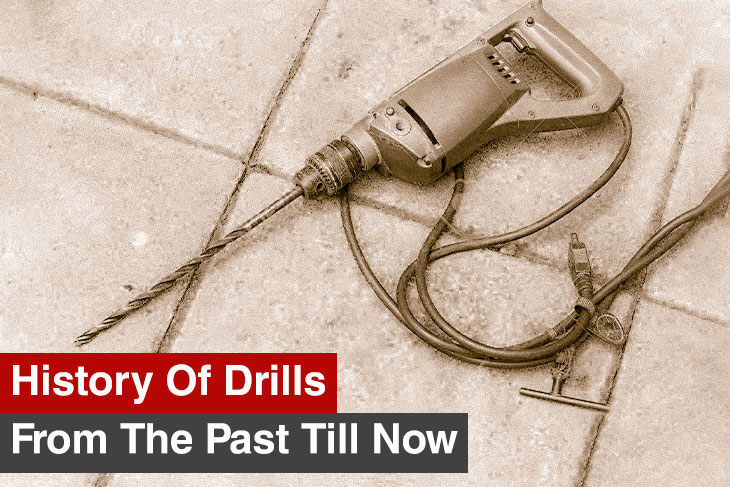



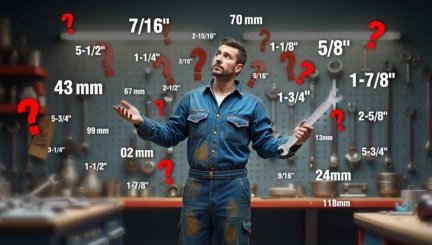

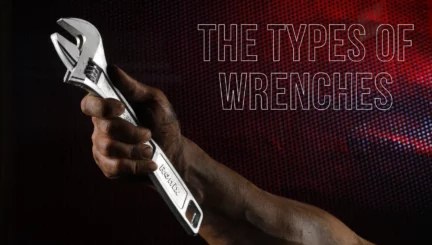

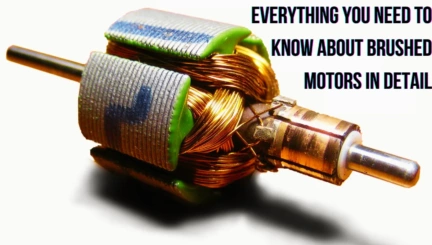
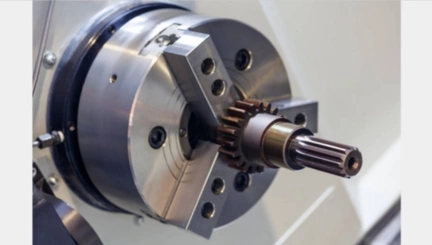
👍